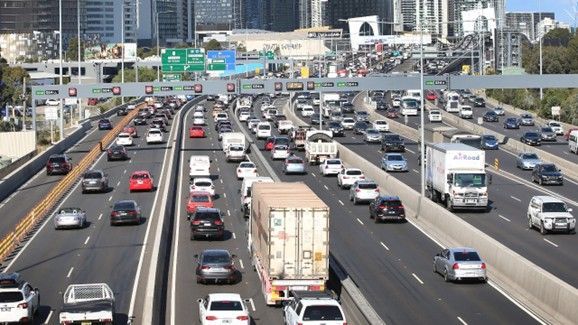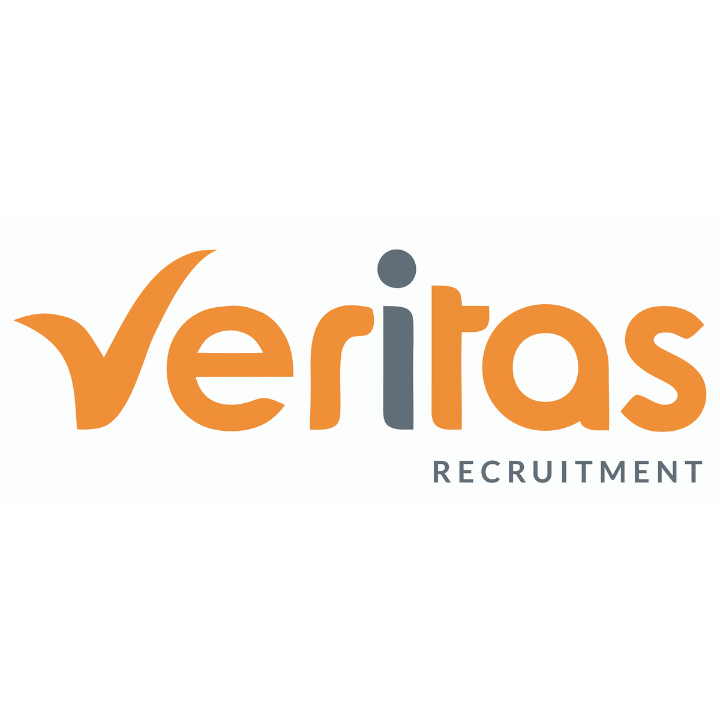Article written by John McGlasson - Associate Director Essendon

Why including your location on your resume matters more than you think.
In the post-COVID job market, the landscape has shifted again. While remote work and hybrid flexibility remain part of many companies’ culture, the reality is that most employers now want their teams back in the office - at least part of the week. As a result, where you live has once again become a critical factor in the hiring process. Melbourne 2025 is a city that sprawls over 85kms (from Melton to Pakenham) so with traffic only getting worse, a comfortable commute isn’t just a nice-to-have; it’s an essential part of maintaining work-life balance and job satisfaction. That’s why including your location clearly on your resume has never been more important.
Likewise, some recruiters may look for candidates that live in suburbs close by an employer site, as while you may not be active on the market, being approached about a great job in an office that is only 7 minutes from your house, may change your mind. Imagine getting 10+ hours per week back from a previous long commute? That’s life changing.
Recruiters and hiring managers are tasked with finding candidates who not only fit the skills and culture of the organisation but also make sense logistically. When your resume (or SEEK profile) doesn’t show where you’re based, it creates unnecessary uncertainty. A recruiter might spend valuable time reviewing your application, only to discover later that you live far outside the realistic commuting range - or that you aren’t planning to move closer. In a competitive job market where efficiency is key, this can be a dealbreaker.
In the age of cybercrimes and identity theft, the days of noting your full residential address on your resume are long behind us and should be discouraged. However, to avoid being overlooked, always include your suburb and city or general region, such as “Reservoir, VIC” or “Inner Western Suburbs, VIC”, as giving recruiters a clear idea of your location helps them immediately determine whether the role is practical for you.
If you’re planning to move or are open to relocation, say so. A simple note like “Currently in Sandringham, relocating to Keilor in early 2026” or “Based in Brisbane – open to relocation for the right opportunity” shows foresight and flexibility. Recruiters appreciate candidates who communicate their situation honestly and demonstrate an understanding of what’s involved in starting a new role.
Commuting expectations are another key factor. Let’s face it - nobody wants to spend over an hour each way stuck in traffic or on public transport. Long commutes can lead to fatigue, stress, and reduced productivity, which isn’t good for anyone. Employers know this, and many prefer to hire people who can realistically arrive at work on time, stay engaged, and maintain a healthy work-life balance.
From a recruiter’s perspective, including your location isn’t just about geography - it’s about respect for their time and the employer’s process. A clear resume saves unnecessary back-and-forth, prevents mismatched expectations, and helps you stand out as a thoughtful, organised professional. It also signals that you’re serious about finding a role that genuinely suits your lifestyle and logistical needs.
In short, your resume should tell a complete story: who you are, what you can do, and where you’re based - or where you’re heading next. With most workplaces returning to the office and commute times once again part of the equation, being upfront about your location isn’t just a courtesy - it’s a crucial step in helping recruiters match you with the right opportunities. Clarity and transparency here can make all the difference between being shortlisted or overlooked.



